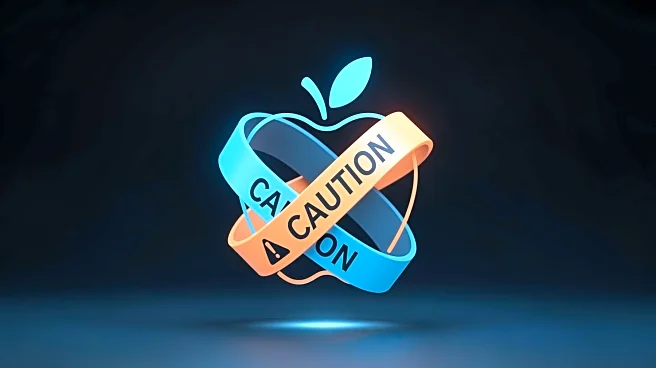What's Happening?
The Nintendo Entertainment System (NES) marks its 40th anniversary, celebrating its launch in the United States. The NES, known for its iconic games and influence on the gaming industry, was initially
released in a staggered manner across the U.S., unlike the coordinated global launches seen today. Despite its piecemeal introduction, the NES quickly became a household name, especially with titles from Nintendo and third-party developers like Capcom and Konami. The console's success was not as pronounced in Europe, where SEGA had a stronger presence. Over the years, the NES has maintained a significant presence in the retro gaming space, driven by nostalgia and the quality of its game library. However, as new generations of gamers emerge, the NES's influence appears to be waning, with fewer people having firsthand experience with the console.
Why It's Important?
The NES's 40th anniversary highlights the console's enduring impact on the gaming industry and culture. It serves as a reminder of the transformative role the NES played in popularizing video games and establishing Nintendo as a major player in the industry. The console's legacy is evident in the continued interest in retro gaming and the preservation of classic titles. As the gaming landscape evolves, the NES's influence may diminish, but its historical significance remains. The anniversary prompts reflection on how gaming has changed and the importance of preserving its history for future generations.
What's Next?
Nintendo continues to offer NES games through its Nintendo Switch Online service, providing access to a selection of classic titles. However, concerns about the permanence of access through subscription services persist, as seen with the removal of certain Super NES games. Gamers have various options for playing NES games, including emulators, clone consoles, and original hardware setups. The anniversary may inspire renewed interest in retro gaming and discussions about the preservation of gaming history.
Beyond the Headlines
The NES's anniversary raises questions about the cultural and historical preservation of video games. As gaming technology advances, the methods of accessing and experiencing classic games evolve, potentially impacting how future generations engage with gaming history. The celebration of the NES's legacy underscores the importance of maintaining access to older games and the role of nostalgia in shaping gaming culture.









